5 Off-Road Lessons You Never Want to Learn
 Failing off-road can be a great learning experience, but some 4WD lessons are best avoided at all costs.
Failing off-road can be a great learning experience, but some 4WD lessons are best avoided at all costs.
1. Your winch is broken
Winching in a hurry is a harrowing experience in itself, but it could be worse – you could find out your winch is broken when you’re stuck halfway up a hill. Your winch is often one of the least-used weapons in your recovery arsenal, and without regular testing and maintenance, you might discover that it’s dysfunctional in the situation you need it most.
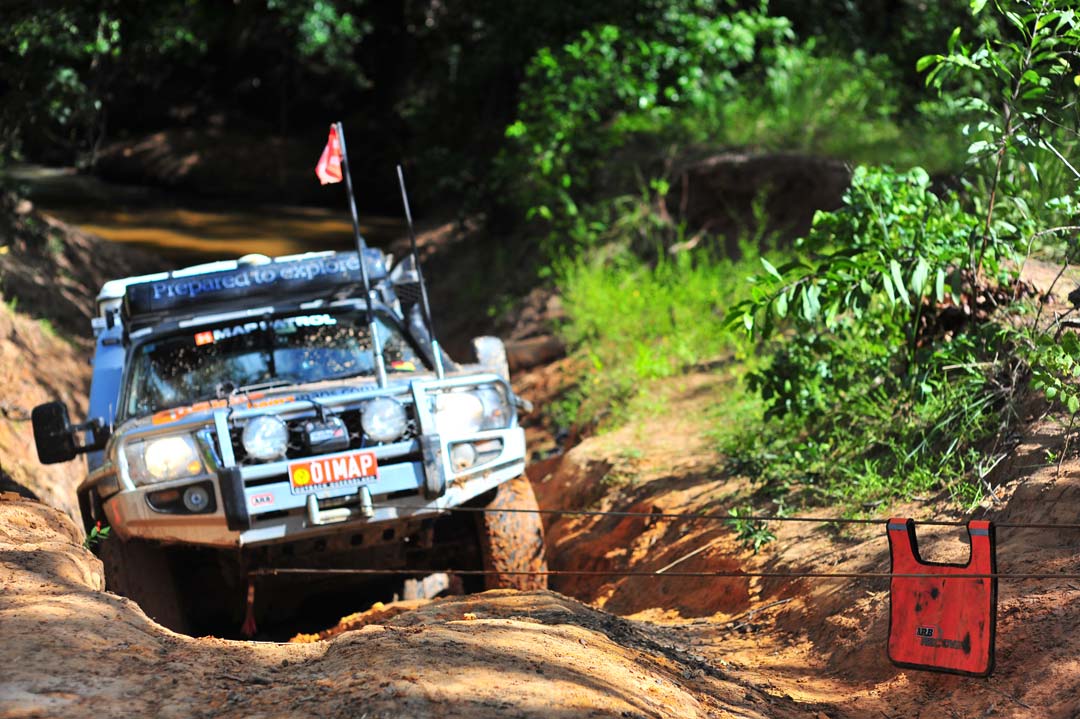 When you’re in a position where your only resource is also your last resort, a broken winch at a key moment could leave your vehicle or personal safety at risk.
When you’re in a position where your only resource is also your last resort, a broken winch at a key moment could leave your vehicle or personal safety at risk.
The lesson: winches can be affected over time by water and dust during travel, so if you have a winch you should test it before a big trip or around once a year.
2. You lose a tyre
Blowing a tyre can be frightening, but losing a tyre is another story altogether. Extended off-road travel across corrugated or mechanically testing terrain puts extreme pressure on wheel nuts and may shake them loose, leaving the possibility of one flying off when you least expect it. There are three subsequent issues from a tyre coming off as you’re in motion: your tyre might hit something, someone or another vehicle, you might lose some or all of the wheel nuts, and you won’t be going far afterwards.
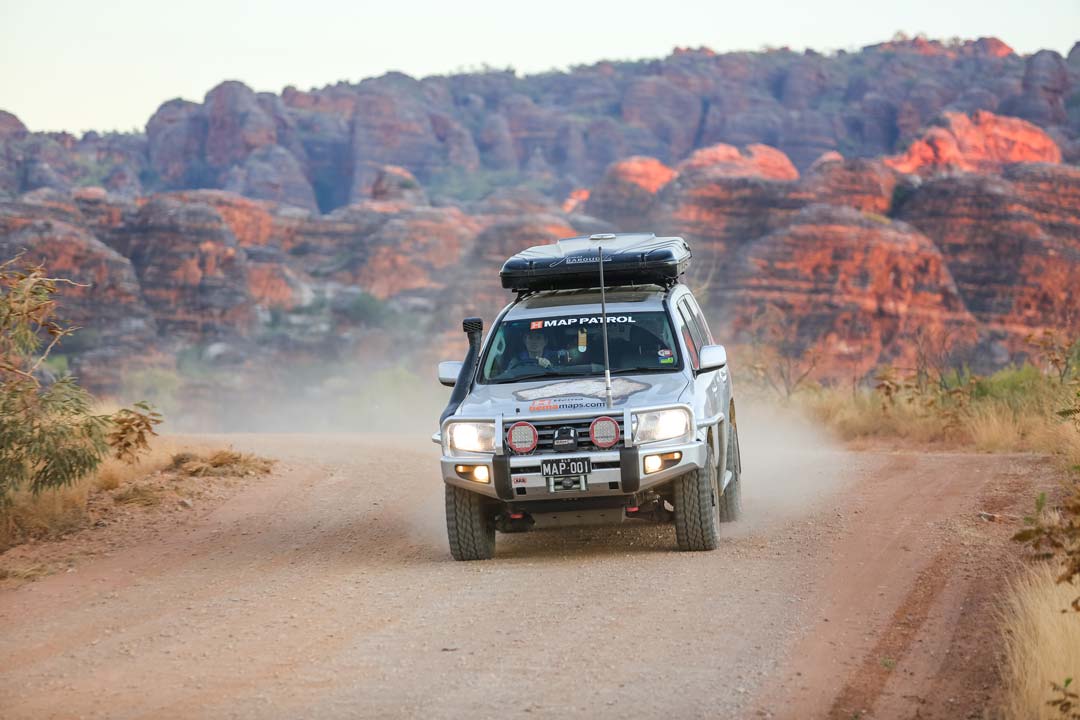 Aside from the obvious issues in the first instance, losing wheel nuts can leave you without the means to sturdily resecure your wheel (though borrowing one from the other wheels is a very temporary solution). There is also the possibility of sheering off your wheel studs, which means your vehicle isn’t going anywhere on its own.
Aside from the obvious issues in the first instance, losing wheel nuts can leave you without the means to sturdily resecure your wheel (though borrowing one from the other wheels is a very temporary solution). There is also the possibility of sheering off your wheel studs, which means your vehicle isn’t going anywhere on its own.
The lesson: ensure your wheel nuts are secure at regular intervals. The Hema Map Patrol checks wheel nuts every morning as part of their daily vehicle check.
3. You break a CV joint
Lifting a wheel (or two) to negotiate a section of track or an obstacle can be done safely and slowly, but it can also end in a broken CV (constant-velocity) joint if you’re not careful.
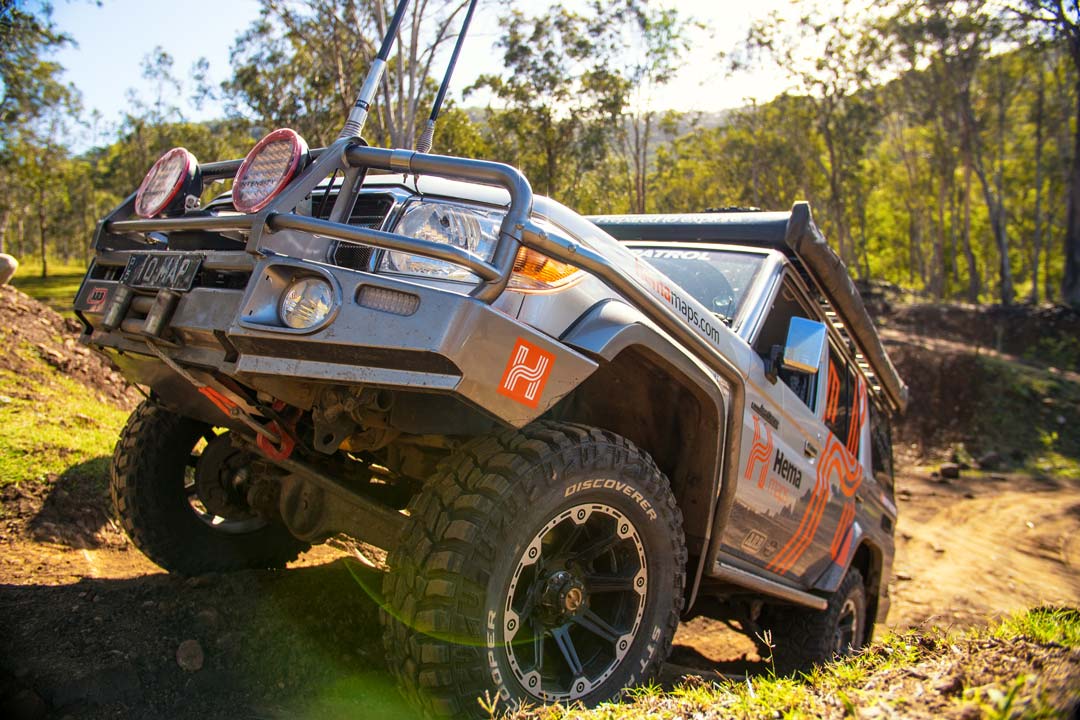 Hitting the gas while a raised wheel comes back to earth can blow your CV because the wheel seeking traction is going from no resistance to great resistance in an instant – which is more than enough force to bust a CV. Loud clicking followed by progressively limited steering are all hallmarks of a broken CV, which can equally be caused by gradual weakening as it can by a single moment of contact.
Hitting the gas while a raised wheel comes back to earth can blow your CV because the wheel seeking traction is going from no resistance to great resistance in an instant – which is more than enough force to bust a CV. Loud clicking followed by progressively limited steering are all hallmarks of a broken CV, which can equally be caused by gradual weakening as it can by a single moment of contact.
The lesson: whether you’re doing it through foolhardiness, panic or inexperience, technical driving is no place for a lead foot.
4 . You get caught in a water crossing
Regardless of whether you have a snorkel or not, getting bogged or stalling in the middle of a deep water crossing is never a good place to be. If you get stuck in a water crossing without a snorkel, then water may get into your engine, which is often very expensive to fix if not fatal.
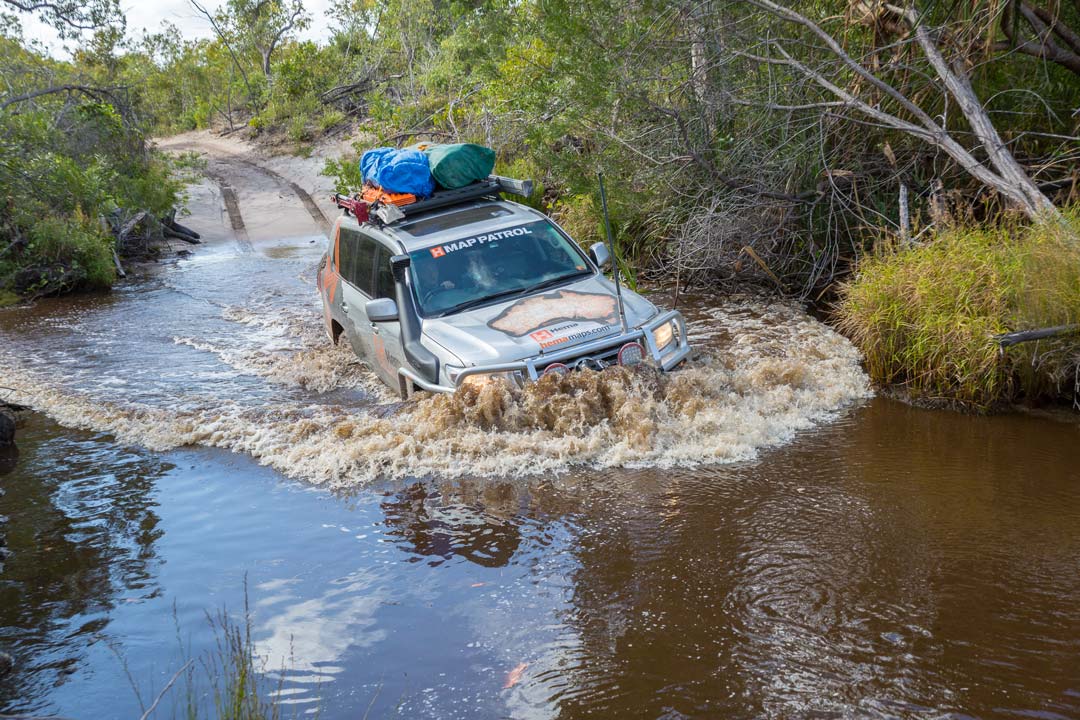 Also, having your car partially submerged can waterlog your interior (which for modern, technologically-oriented vehicles can be disastrous in itself), while fast-flowing deep water can even carry your car away in extreme circumstances.
Also, having your car partially submerged can waterlog your interior (which for modern, technologically-oriented vehicles can be disastrous in itself), while fast-flowing deep water can even carry your car away in extreme circumstances.
The lesson: aside from fitting a snorkel if you intend to ford water courses, it’s imperative to be prepared for every water crossing you encounter. If you’re worried about walking a deep crossing in the Top End for fear of crocs, then consider whether you should be driving the crossing at all. If you are properly prepared for a water crossing, then negotiating it won’t be a problem.
5. You roll your vehicle
Perhaps the scariest experience someone can have off-road is to roll a vehicle. A 4WD can be tripped into a rollover from extremely uneven sections of track or sloping terrain, or can spontaneously roll from steering input, speed or friction.
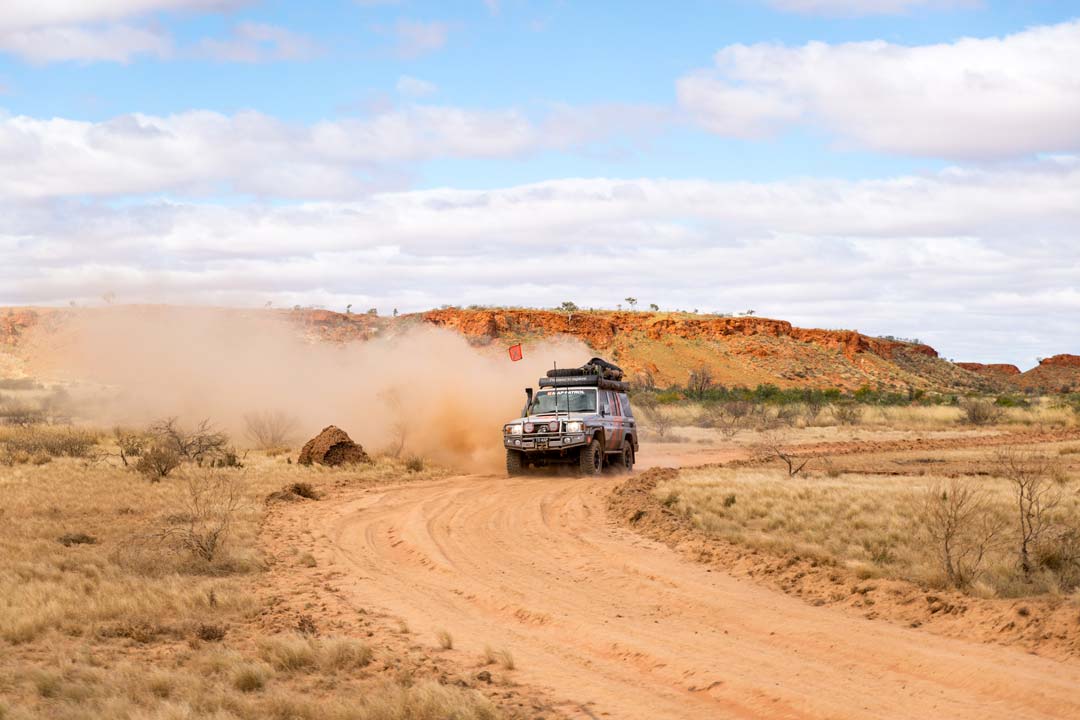 Aside from panel damage and occupant safety, the other issue to contend with in the case of a rollover is that batteries and engines don’t take kindly to being upside down or sideways for extended periods of time. After you get your vehicle on all fours again, avoid the urge to turn the engine over immediately. Check engine oil levels, any leaks and the state of your battery before turning the ignition.
Aside from panel damage and occupant safety, the other issue to contend with in the case of a rollover is that batteries and engines don’t take kindly to being upside down or sideways for extended periods of time. After you get your vehicle on all fours again, avoid the urge to turn the engine over immediately. Check engine oil levels, any leaks and the state of your battery before turning the ignition.
The lesson: understand what your vehicle is capable of in relation to the track or road you’re on. Additionally, remember that the lower your vehicle’s centre of gravity, the further it can deviate from it without incurring a rollover. A 4WD that has heavy gear packed onto the roof is more susceptible to a rollover than a sensibly-loaded vehicle driving the same path.








0 comments